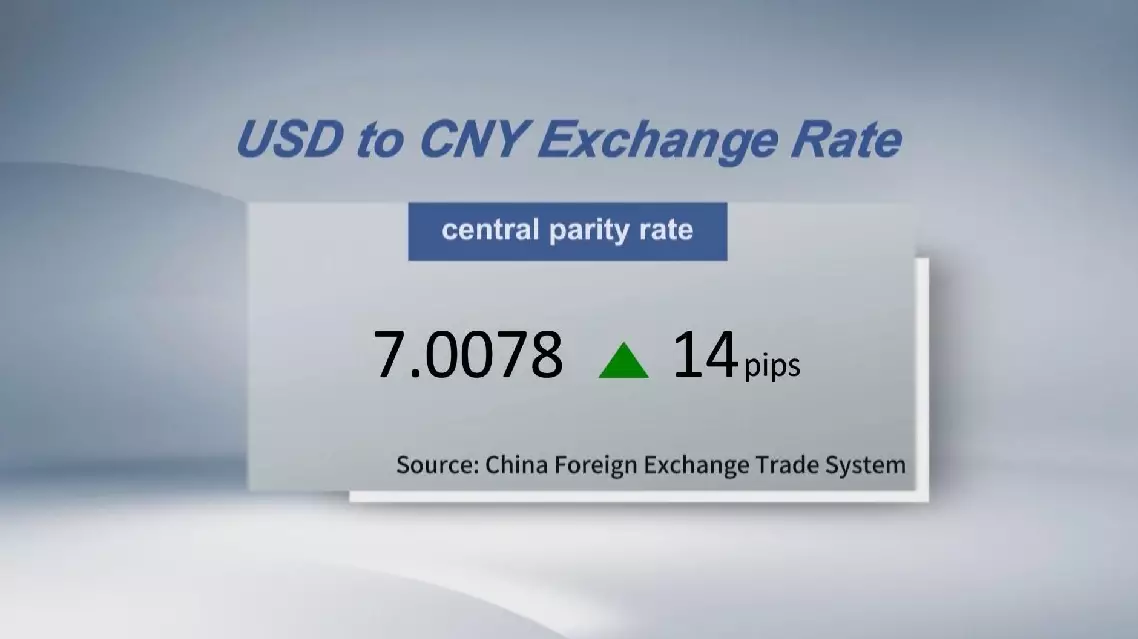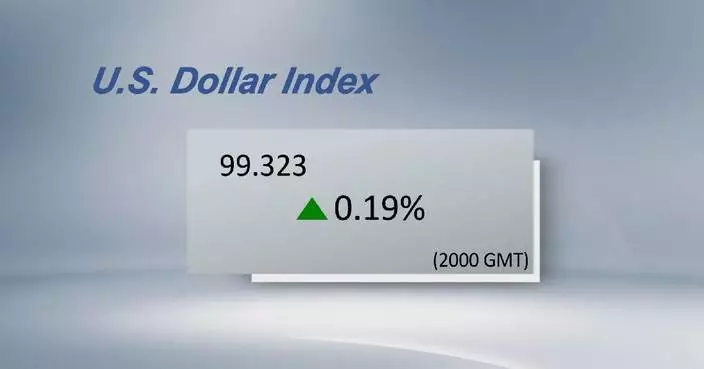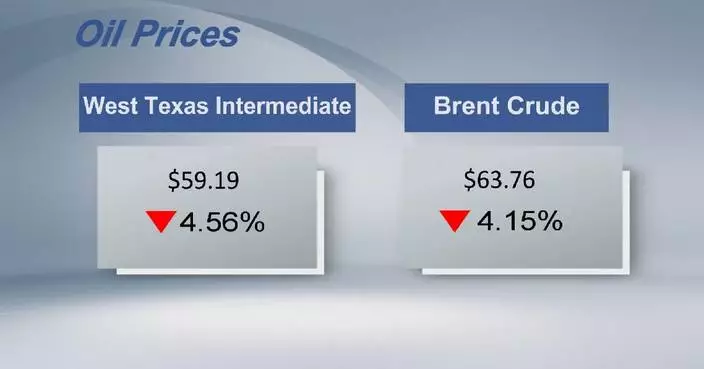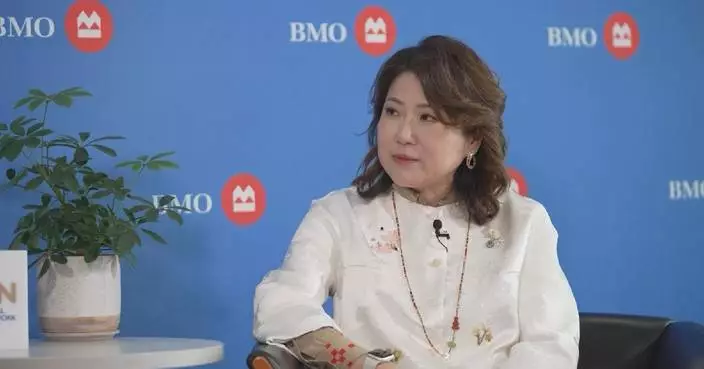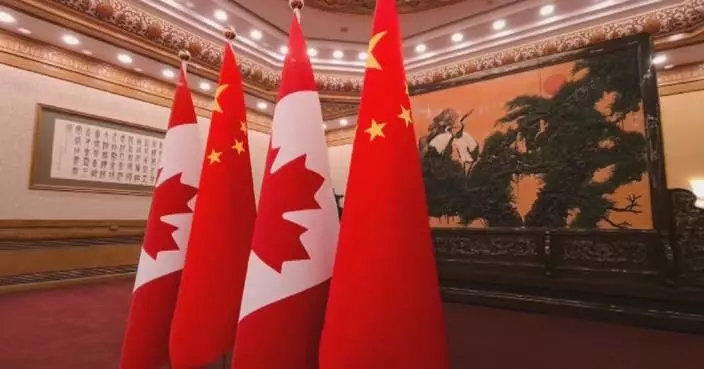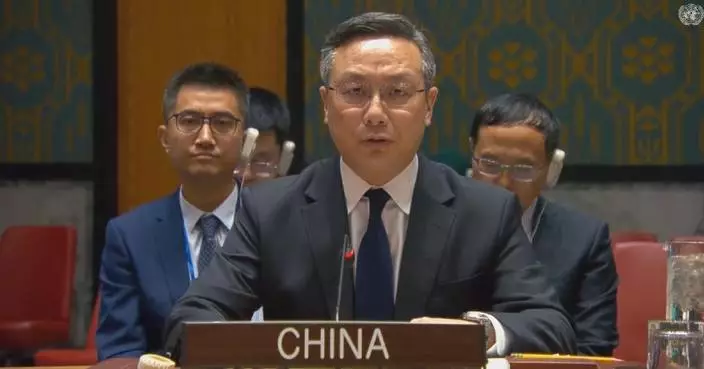Steel furniture-making companies in central China's Henan Province have shown resilience in the face of the challenges posed by U.S. tariffs, with their intelligent production lines continuing to churn out high-quality and affordable steel products and smart marketing strategies helping to tap into new customer bases.
In Luoyang, an historic city which once served as an ancient capital of China, thousands of companies have been busy manufacturing steel furniture that is exported to over 100 countries and regions worldwide, with the industry here having a total output value approaching nearly 20 billion yuan (over 2.7 billion U.S. dollars).
Despite the economic impact of the trade measures taken by the Trump administration, including a 25-percent tariff on steel and aluminum products and the recent escalation on imports from China, a number of these Luoyang-based firms have been able to not only sustain but grow their orders by turning to new markets and deploying new strategic approaches.
At one steel furniture factory in the city, company executive Wei Pengfei has been guiding Indonesian distributors through its intelligent production line, demonstrating the advanced laser cutting and welding technologies adopted by the firm that achieve precision levels 10 times higher than most traditional manufacturing methods.
"Before visiting, the distributors questioned how could we offer such high quality at such affordable prices. But after seeing our intelligent factory, the supporting capabilities of our supply chain, and the logistics costs, they were thoroughly convinced," Wei said.
Earlier this year, during an overseas trade show, Wei discovered through discussions with clients that the humid climates of Southeast Asia often forces wooden furniture to undergo frequent repairs or be replaced. Recognizing this as a potential market opportunity for their steel-based products, he promptly organized a team to conduct in-depth market research.
After nearly a month of research and development, the company's steel plates not only perfectly replicated the color and tactile texture of wood but also crucially boast a lifespan three times longer than that of conventional wooden furniture. Upon launch, the steel product attracted numerous pre-orders from interested parties across the region, with Wei noting that since the start of April, the company has hosted over 20 distributors from both China and overseas.
"We have full confidence in expanding into markets in other countries, which could replace our current 30-percent market share in the United States. We are also highly confident in the future development of this industry," Wei said.
Some firms have had to think fast to respond to the U.S. tariff turmoil, with another Luoyang-based steel furniture company being hit with 10-million-yuan's worth of canceled orders within a 10-day period as a result of Trump's tariff actions.
Faced with this crisis, general manager Xiao Rui recognized the urgent need to shift the company's focus to domestic market to offset the losses. However, the transition presented significant challenges, including immature sales channels and limited marketing approaches.
"When we first attempted to enter the domestic market, we fell into a misconception for a while. We initially aimed to engage in business with well-established local distributors, only to realize that competing for market share against more seasoned industry players was quite challenging," Xiao said.
The ineffectiveness of traditional marketing methods prompted Xiao to turn to a more modern and creative approach, by producing engaging short videos to drum up online interest. Within a month, the company had published over a dozen of videos highlighting their workshop production methods and demonstrating the quality of their finished products in a hands-on manner, capturing the attention of a younger audience.
Through the utilization of this video marketing strategy, the company were able to diversify their channels, attract new customers, and secure fresh orders.
Furthermore, the firm has also identified the niche market of steel pet furniture, with items catered to customer's four-legged friends. Recently, they also unveiled their hottest new products at the Canton Fair in south China's Guangzhou, one of the country's largest and longest-running international trade events.
"When everyone found the current situation particularly challenging, we saw it as a great chance for us. The reshuffling of the market landscape has presented us with a new opportunity, given that there is still a demand for steel furniture worldwide, and no other region can replace China's advantages in this realm. We are quite confident that our domestic sales revenue will exceed 15 million yuan for the whole year," Xiao said.
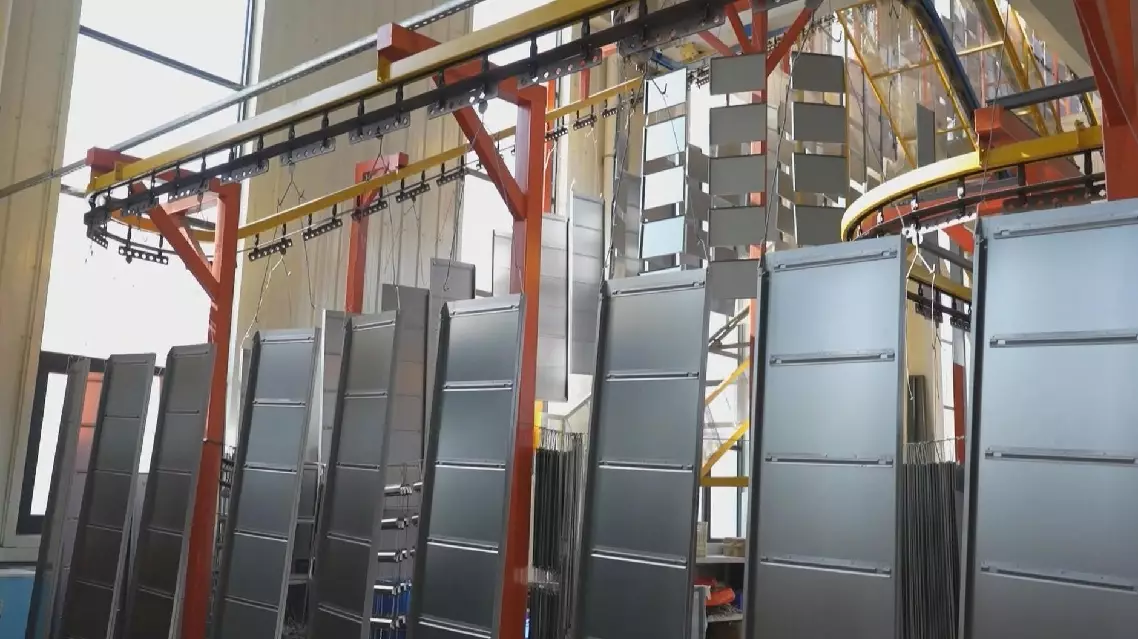
Chinese steel furniture makers turn to new markets to overcome US tariff challenges


